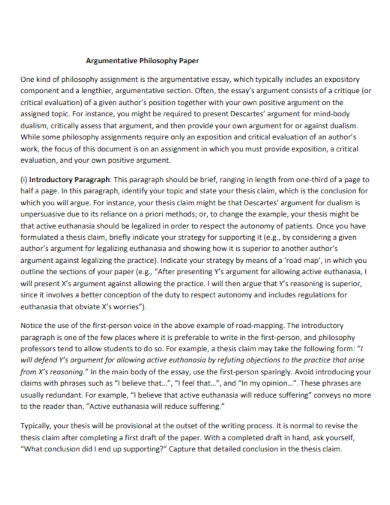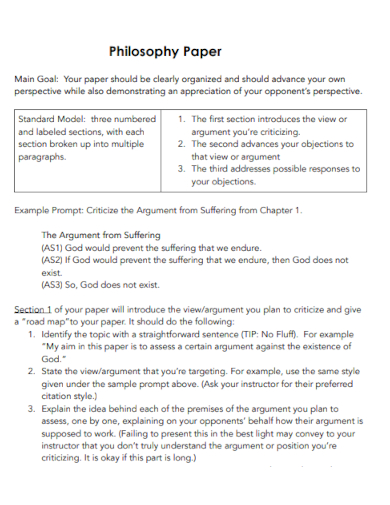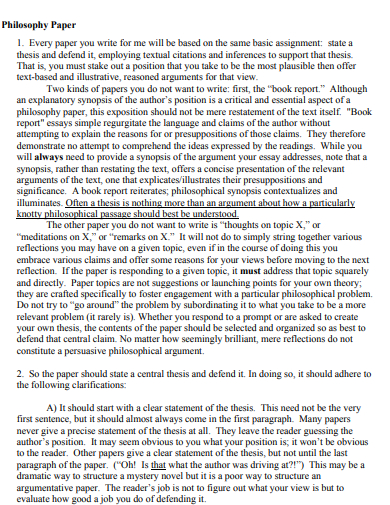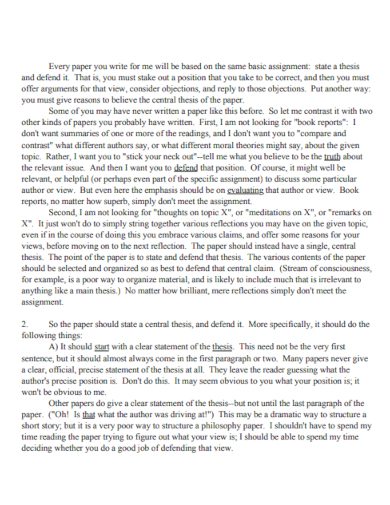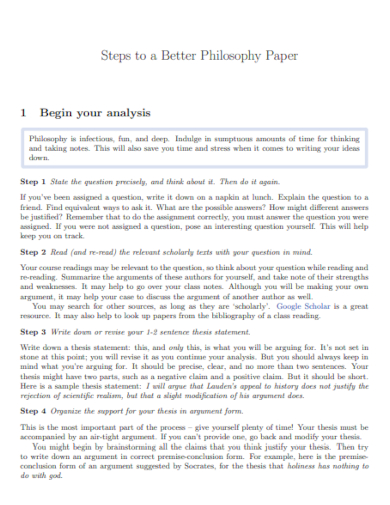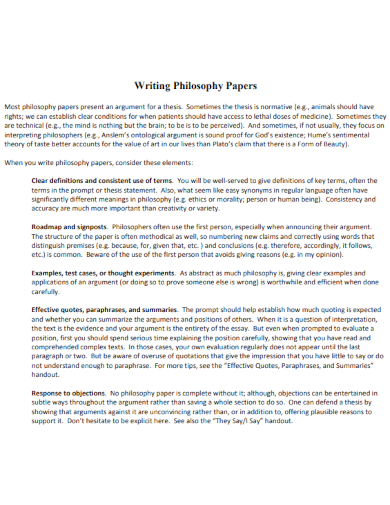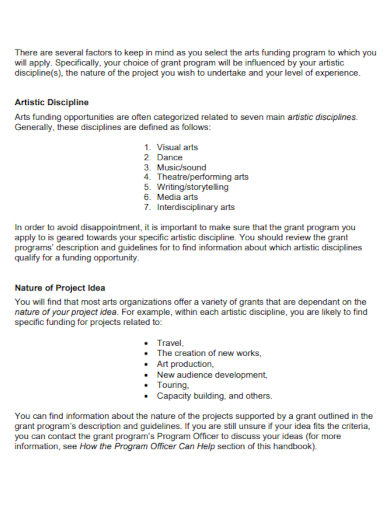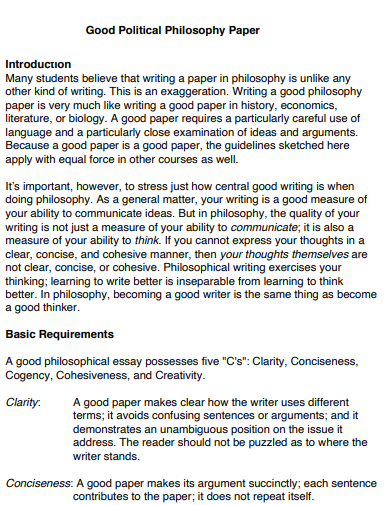7+ Philosophy Paper Examples
To obtain good writing skills, you must need proper training to do so. For instance, you are asked to write a philosophy paper? How are you going to do it? A philosophy paper is unlike any other essay. It is not something that you can just research, express your thoughts and personal feelings or even a type of report. In this article, you will be able to know the nature of what a philosophy paper is and how to write a good one.
7+ Philosophy Paper Examples
1. Argumentative Philosophy Paper
2. Philosophy Paper Ideas
3. Philosophy Paper Outline
4. Philosophy Paper Title
5. Steps for Philosophy Paper
6. Philosophy Paper Format
7. Philosophy Paper Layout
8. Political Philosophy Paper
What is a Philosophy Paper?
A philosophy paper is a type of writing that allows you to establish a point involving valid justification to convince the readers. It is called a reasoned defense of a thesis.
How to Write your Philosophy Paper?
- State the question that is being asked.
- Ensure that you have complete answers to the questions.
- Do not include irrelevant issues.
Philosophy papers may be an exposition or an evaluation. If it is expository, you are going to explain the view of your arguments. If it is an evaluation, you have the freedom to do a little philosophy on your own.
If you tend to use words that you think are unfamiliar to the readers, define it. Avoid using quotes. However, you may use references that may support your claim.
Before writing, you must be able to state what it is that you are trying to tell to your readers. It is usually written in a single sentence of your proof. You should always remember to make everything clear. The next thing that you should do is to know the process of how you are going to convince the readers that what you have written is true. You must be able to present arguments that are rational. Assume that your readers will always have something to refute in your arguments. How are you going to respond?
To make it easier to keep track of the validity and accuracy of the arguments, avoid having those types of arguments that will come in different directions. Only include arguments that are considered the most compelling. You may have one or two of them.
Outline of a Philosophy Paper
- Introduction –
- Background – may contain definition of terms, parameters and your justification
- First argument – reason, supporting detail, anticipated objections and refutations
Example:
“The first, rather striking claim about the moral authority of the state occurs at 51b of the Crito. Socrates argues that, because of the state’s role as a provider of security, education, and various important social institutions (such as marriage), the citizens of the state are its “offspring and servants”; and from this he concludes that citizens are subordinate to the state and its laws to such an extent that if a citizen ever disagrees with the state’s laws or orders, he “must either persuade it or obey its orders,” even if the latter amounts to suffering death. The implication for his own case is clear: Socrates had tried to persuade the court of his innocence and of the injustice of his execution (as detailed in the Apology), but he had failed; therefore, he argues, he must now obey the court and accept his death sentence–even though he still thinks that he is in the right on this matter.” (Information on Writing Philosophy Papers, n.d.)
- Second argument – reason, supporting detail, anticipated objections and refutations
- Third argument – reason, supporting detail, anticipated objections and refutations
- Conclusion
FAQs
What are the things that should be avoided in writing a philosophy paper?
You should avoid writing in lengthy paragraphs. As much as possible, avoid begging for questions.
What to do when you are arguing to other positions?
Do not show that your opponents are mistaken. You must be able to demonstrate that a single detail is proven to be false. Do not assume that the position you are in is correct.
How long should a philosophy paper be?
A philosophy paper can reach a maximum of 5 pages.
For you to produce a good philosophy paper, it is very essential to think logically and critically. The paper must stand on its own so you have to say what you really mean. It should always be clear and precise.



